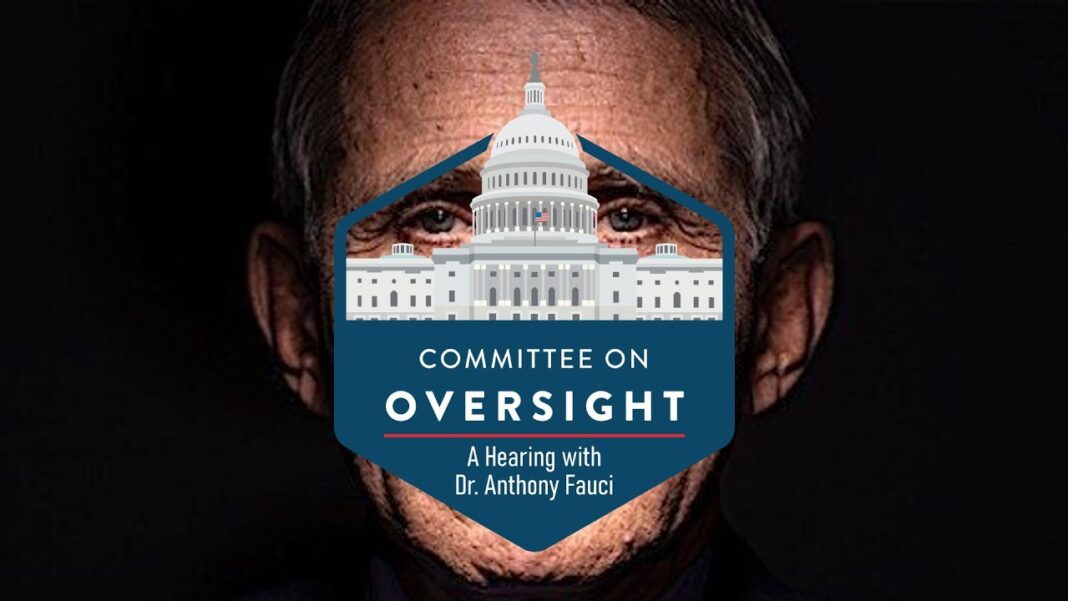Do you know what I think is really the heartbeat of America? (And to those automobile fans out there, I’m not referring to the Chevrolet.) Or, more properly speaking, who? First of all, we should ask ourselves, “What is a heartbeat?”
A heartbeat, reads the New Webster, is a “pulsation of the heart”. Nobody can survive without the heart, a fact you most likely learned from biology years ago. When you visit your doctor, he pulls out his stethoscope—minus a healthy heart you could be very ill. We don’t think about it very much, but the heart needs to pulse. By doing so, it grants us life. So, quite obviously, a heartbeat is an important thing to have. Simple?
Now I will tell you who I think is the very heartbeat of this country. My answer is the blue-collar people, the people who take those jobs no one else wants. The people who work at night while we are snoring in our beds. The people who don’t mind getting dirt under their nails. The people who don’t think it’s low-down to work a cash register. Let’s be more specific. It’s the boy who bags your groceries. It’s the girl taking your order at the drive-thru. It’s the man whom you call when you need your plumbing to be unclogged. It’s the saleswoman who helps you find the right item in the store aisles. It’s the man who wipes down your car after you zip through the car wash. We see these people everywhere, every day, but by now (especially in this high-tech world where robots and AI are steadily replacing humans), they are so taken for granted, they are often left unnoticed in favor of the more apparent, “bigger” people.
Just take a moment and think what would happen to this nation if the blue collars began disappearing altogether . . . yes, really, really think about it. The nation would fairly smother. The blue-collar workers keep the nation alive and ticking and decent and, most of all, respectable.
A few weeks ago, I went out to eat at a popular Italian restaurant. Being dinner time and a holiday, the place was predictably packed. Despite this, I was seated and served by an energetic waitress named Molly. I guessed that she had been on her feet all day, and wondered when the last time was she had had anything to eat. But she smiled, brought my order to me faster than could be expected for such a busy day, and treated me as if I were the only table of her concern—still managing to serve at least three or four other tables simultaneously. I thought Molly was a hard worker, but I only had to look around me to see more waitresses and waiters rushing about, taking orders, cleaning tables as fast as they were cleared, sliding food onto tables without missing a beat. Just your typical restaurant, right? We see this often and think nothing of it, but maybe we should think something of it. Molly is just one of millions working a job instead of grasping for welfare.
As a sort of postscript, I want to add that while sometimes people think that these sorts of “low” jobs aren’t good enough for them, but someone has to do it. It is my prayer that there will always be an American willing to fill those jobs. Hard work is one of the best things in the world. It builds character as well as a strong individuals. Unlike in some other nations, such Americans who bear the standard of Blue Collar make up the heartbeat of America. Perhaps you are one of them.







